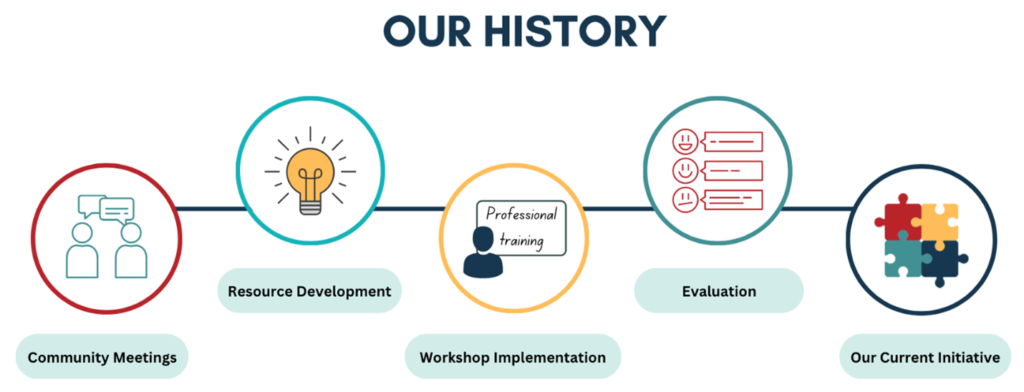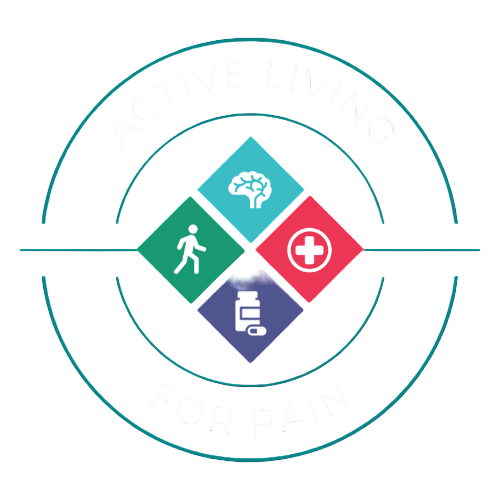
Through 2015-2016 we met with community-based physical activity providers, including class fitness leaders and personal trainers, health care providers, adults living with chronic pain, and their significant others across Saskatchewan. Together, we identified what resources were available for adults to participate in physical activity in their local communities. We found that very few resources were available and professional training for activity providers was needed in Saskatchewan. This type of training would educate providers to help adults learn to manage their pain while being physically active. As a result, we worked with activity providers and adults living with chronic pain to co-design a continuing education training workshop.
Our 3-hour workshop was designed to teach physical activity providers core knowledge to better understand chronic pain and the important role of physical activity. The workshop also included essential skills training and strategies to help providers instruct their clients to be active while managing their pain. Example skills that providers learned to deliver to their clients included strategies to overcome pain and related barriers and activity goal setting.
Providers who completed the training received a physical activity program manual with educational resources and a practical toolkit, which they could share with their clients. These resources were designed to be used by providers to deliver a 7-week physical activity program that integrates counselling on chronic pain, physical activity, and skills to help individuals manage their pain and be regularly active. The program was intended to be delivered for 10 minutes before or after any physical activity class or personal training session offered to the public in Saskatchewan communities.
In 2017 we worked with the Saskatchewan Parks and Recreation Association (SPRA) to have our training workshop recognized and offered for Continuing Education Credits for Saskatchewan-certified activity providers. From 2017 to 2019 we continued to provide our accredited training to physical activity providers across Saskatchewan. Before and after each training workshop we surveyed the providers to measure their pain knowledge, beliefs about pain, and confidence to instruct participants living with chronic pain. The results consistently showed that our workshop was effective. Providers’ knowledge about chronic pain increased. They had more accurate understanding that chronic pain does not always limit the ability to do daily activities and that pain can be invisible. They also better understood that physical activity is not harmful to people who have chronic pain. Finally, their confidence to educate and instruct physical activity for people living with chronic pain improved significantly.
In 2019, after we delivered the training for some time, we invited physical activity providers who had taken the training to meet with us to discuss their experiences. We learned that the 7-week physical activity program was too challenging for providers to offer as part of their community-based physical activity programming, as we originally planned. Through further discussion with activity providers and adults living with chronic pain we found that a more practical approach would be to have trained providers deliver physical activity programs designed for adults living with chronic pain. This type of program would combine our chronic pain and physical activity resources from the training. The physical activities led by the providers during the program would also be personalised for people with chronic pain and offer multiple options for individuals to participate. For example, this could mean offering multiple or different types of activities in the activity sessions.
Our current research aims to address this need for more physical activity programming that is designed to meet the unique needs of adults living with chronic pain in Saskatchewan. Please see Our Research for more information about the work that we are currently doing with community-based partners and adults living with chronic pain.


